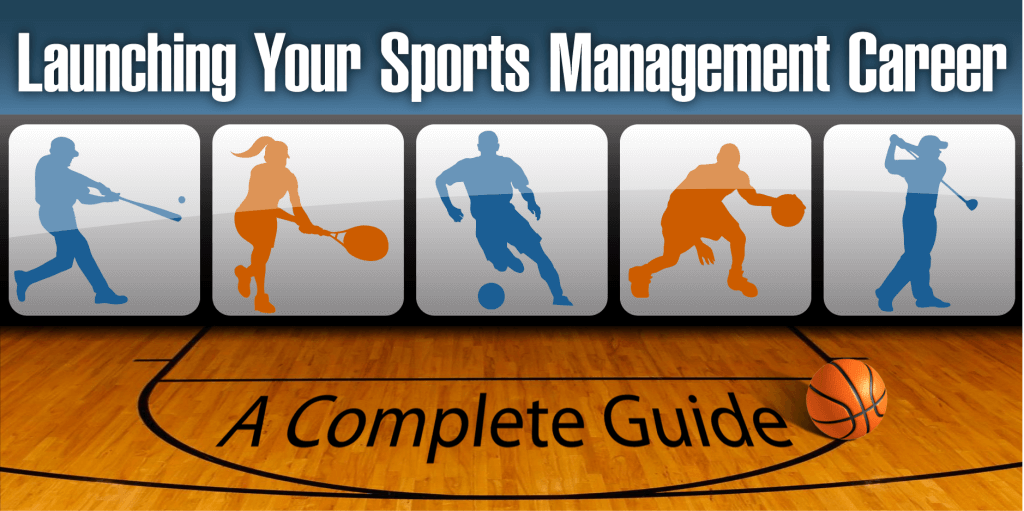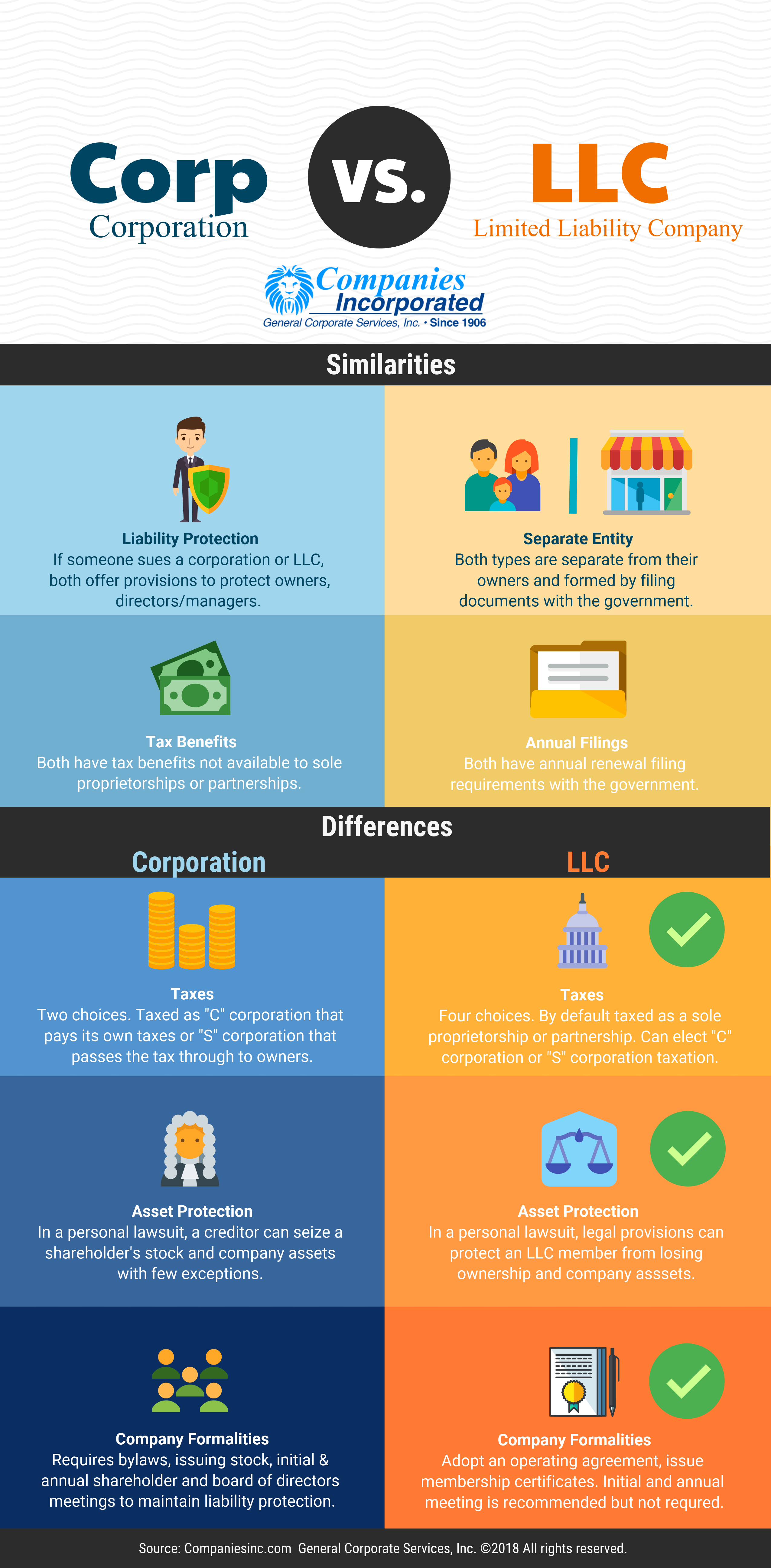
What is the proper way to construct a headline on LinkedIn? Your headline should focus on the outcome and not just the product. This will convey your expertise and build credibility. It should also include your most recent job title and the name of your company. Then, mention your unique selling points. These are some ways to make your headlines as captivating as possible. Let's take a look at some examples. LinkedIn's headline should include your current job title and company name. The headline should be compelling and call to actions.
LinkedIn headlines are more outcome-oriented than product-oriented
Using the word 'outcome' in your headline can help you stand out from your competitors. Imagine what the customer will experience when they work with you. Is your headline relevant to their experience? Does it communicate your expertise? Is it persuasive enough to make them choose you above other candidates? Your headline should be a description of what sets you apart as a writer or consultant.

For example, Rosi Ross's LinkedIn headline focuses on her experience in digital media. This title catches people's attention and grows interest in her profile, which leaves more room for the "About" section. She even expatriate to the USA after creating this headline. In order to attract attention, she also included her job title. This helped her get a job in the USA.
They increase credibility
Your headlines need to communicate clearly what you want, convey your value, and motivate action. It is possible to use catchy headlines that include a unique word or rhyme, but they should not be distracting from your value proposition. Here are some guidelines to help you create great LinkedIn headlines.
A title that highlights your specialization and a brief summary of your work history will help people to see your profile and make contact with you. Make sure you include your job title. Instead of focusing on the job title, focus on the employee and your call-to-action. If a student doesn't have any experience working and is unable to start work until graduation, it might be hard for them create an effective headline.
They lack a call to action
LinkedIn users hate headlines without a call to action. You need to make your headlines more compelling and impactful in order to get people to click on your content. Here are some bad headlines.

LinkedIn headlines should include keywords and phrases that potential employees might use to search for them. In the example below, I used the words'marketing' and'sales' to describe my business. I included at least three keywords that would appear when people search for my position. These keywords are also crucial to your LinkedIn profile. Your headline must be catchy if you want to be discovered by LinkedIn recruiters.
FAQ
How do I choose a consultant?
Three main factors should be considered:
-
Experience - How many years of experience is this consultant? Is she an expert, beginner, intermediate or advanced consultant? Is her resume a proof of her skills and knowledge?
-
Education - What did this person study in school? Did he/she study any relevant courses after graduating from high school? Can we see evidence of that learning in the way s/he writes?
-
Personality - Are we attracted to this person? Would we like him/her to work with us?
-
These questions help to decide if the consultant suits our needs. If you do not have the answer, it is worth interviewing the candidate to find out more.
What is a consultant and what are their responsibilities?
Consultants provide services for others. It's not a job title. A consultant is a role that helps others achieve their goals. By helping people understand their options and helping to make the right decisions, you do this.
Consultants are experts in finding solutions to the problems and challenges that arise while working on projects. They offer guidance and advice about how to implement such solutions.
A consultant should be able to answer questions about anything related to business, technology, finance, law, management, leadership, strategy, operations, customer service, human resources, etc.
What contracts are available for consultants?
Standard employment agreements are signed by most consultants when they are hired. These agreements specify how long the consultant will be working for the client and what he/she will be paid.
Contracts specify the area of expertise that the consultant will specialize in and the amount they will be paid. One example is that the agreement may specify that the consultant provides training sessions and workshops, webinars, seminars, or other related services.
Other times, the consultant simply agrees to complete specific tasks within a specified timeframe.
Many consultants sign independent contractor agreements in addition to the standard employment agreements. These agreements allow the consultant not only to work for himself/herself but also provide payment.
What is the difference of a consultant versus an advisor?
An advisor gives information on a topic. A consultant provides solutions to problems.
Consultants work directly for clients to help achieve their goals. An advisor advises clients indirectly through books, magazines, lectures, seminars, etc.
What happens after the consultant has finished the job?
After the consultant finishes the work, s/he will send a final report outlining the results. This report details the project timeline, deliverables, as well any other pertinent information.
After that, you'll go through the report and decide if it meets your expectations. If it does not, you can ask for changes or terminate the contract.
Are consulting incomes subject to tax?
Yes. You will have to pay taxes on your consulting profits. The amount of your earnings per year will determine the tax payable.
You can also claim expenses if you are self-employed. This includes rent, childcare, food, and transportation.
You can't deduct the interest on loans, vehicle damage, or equipment costs.
If you earn less than PS10,000 per year, 25% can be claimed back.
But even if you're earning more than this threshold, you might still be taxed depending on whether you're classed as a contractor or employee.
Employees are generally taxed through PAYE (pay as you earn) and contractors through VAT.
Is it possible to be a consultant?
Consultants are people who help you reach your goals by giving advice about how to make it better, faster, or cheaper.
A consultant can help you solve problems, make decision, or negotiate with people.
Consultants are often hired for specific projects or tasks.
In fact, most consultants are paid hourly or daily rates rather than per project.
Statistics
- Over 50% of consultants get their first consulting client through a referral from their network. (consultingsuccess.com)
- According to statistics from the ONS, the UK has around 300,000 consultants, of which around 63,000 professionals work as management consultants. (consultancy.uk)
- WHY choose me: Why your ideal client should choose you (ex: 10 years of experience and 6-week program has helped over 20 clients boost their sales by an average of 33% in 6 months). (consultingsuccess.com)
- 67% of consultants start their consulting businesses after quitting their jobs, while 33% start while they're still at their jobs. (consultingsuccess.com)
- "From there, I told them my rates were going up 25%, this is the new hourly rate, and every single one of them said 'done, fine.' (nerdwallet.com)
External Links
How To
How do I find a good Consultant?
It is important to understand what you are looking for in a consultant before you can find one. Do you want them help improve your website's efficiency? You want them to optimize the site for search engines to make it rank higher. Maybe you are looking for someone to point out any problems with your current web host. You should know the type of services that you require before you start looking at other companies. Many consultants claim to be able to provide these services. However, only a handful of them actually deliver on their promises. How can you pick the right one? These are some things you should consider when choosing a consultant.
-
Ask for referrals. This is the best method to find a consultant. It's not a good idea to hire someone you haven't heard of, as you will likely end up paying too much. You also don't want someone with a poor reputation to work for you. If you are lucky enough to be referred by people you trust, that's awesome! Even if you don’t have any referrals, you can still look online for reviews. Look for testimonials and case studies where clients have used your service.
-
Ask around. Many people aren't aware that they could benefit from hiring a consultant. They think that since they're currently doing fine, they don't need to make changes. However, this is usually untrue. Even if you're getting great results right now, chances are that you haven't been keeping up with new trends or technologies. And if you're relying on outdated methods, you'll miss out on opportunities to grow your business. It is always worthwhile to ask around for recommendations of good consultants.
-
Be sure to check their credentials. No matter how small your project is, it's important to ensure that the consultant you choose has the necessary skills. Make sure that they're qualified to perform the tasks you need to be done and that they have sufficient expertise in the area.
-
Find out what kind of projects they specialize in. You might think that everyone can handle all projects, but this is false. Certain areas may require special training or education. You won't hire a Drupal developer if you need to build a WordPress template. This is true for programming languages and graphic design. It is important to inquire about the types of projects that they work on.
-
It is important to know what the charges are. As we stated, you don’t want to pay too little for a consultant. You also don’t want to spend too little. Consultants come in all shapes and sizes. There are some that charge an hourly fee, while others may bill per job. Knowing exactly what you're paying upfront will save you money down the road.
-
What do they offer? Are they willing to provide free consultations? Will they give you advice on how to set up your own system? Is it possible to be sure that your site ranks higher when you work with them If you don't like what you hear during your consultation, you should feel confident knowing you can cancel without penalty.
-
Ask if they offer discounts over multiple months or for years. Many consultants offer extended discounts for long periods. You may not need to commit to a full year, but you may also take advantage of whatever deals they offer.